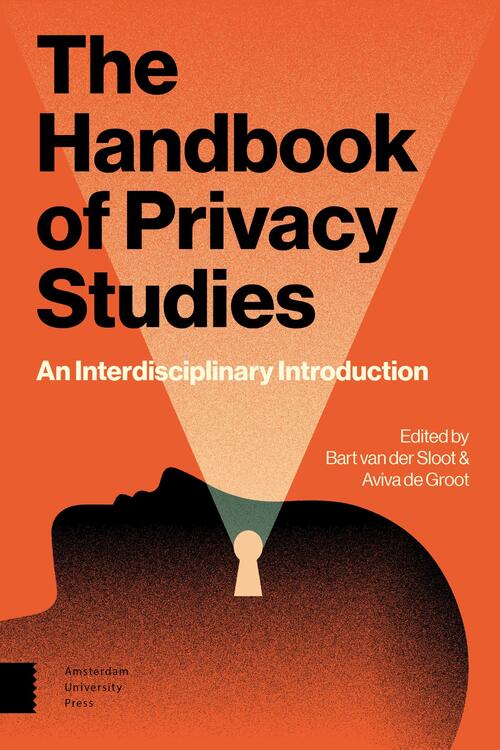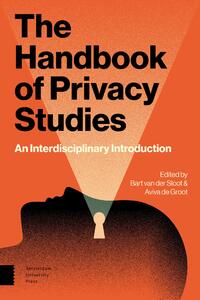'The Handbook of Privacy Studies' is the first book in the world that brings together several disciplinary perspectives on privacy, such as the legal, ethical, medical, informatics and anthropological perspective.
Privacy is in the news almost every day: mass surveillance by intelligence agencies, the use of social media data for commercial profit and political microtargeting, password hacks and identity theft, new data protection regimes, questionable reuse of medical data, and concerns about how algorithms shape the way we think and decide.
This book offers interdisciplinary background information about these developments and how to understand and properly evaluate them. The book is set up for use in interdisciplinary educational programmes. Each chapter provides a structured analysis of the role of privacy within that discipline, its characteristics, themes and debates, as well as current challenges. Disciplinary approaches are presented in such a way that students and researchers from every scientific background can follow the argumentation and enrich their own understanding of privacy issues.
Privacy is in the news almost every day: mass surveillance by intelligence agencies, the use of social media data for commercial profit and political microtargeting, password hacks and identity theft, new data protection regimes, questionable reuse of medical data, and concerns about how algorithms shape the way we think and decide.
This book offers interdisciplinary background information about these developments and how to understand and properly evaluate them. The book is set up for use in interdisciplinary educational programmes. Each chapter provides a structured analysis of the role of privacy within that discipline, its characteristics, themes and debates, as well as current challenges. Disciplinary approaches are presented in such a way that students and researchers from every scientific background can follow the argumentation and enrich their own understanding of privacy issues.

